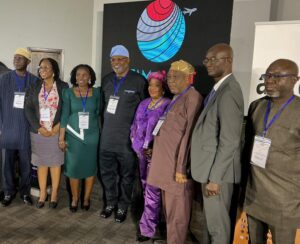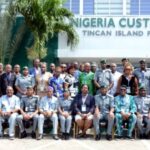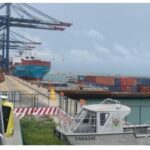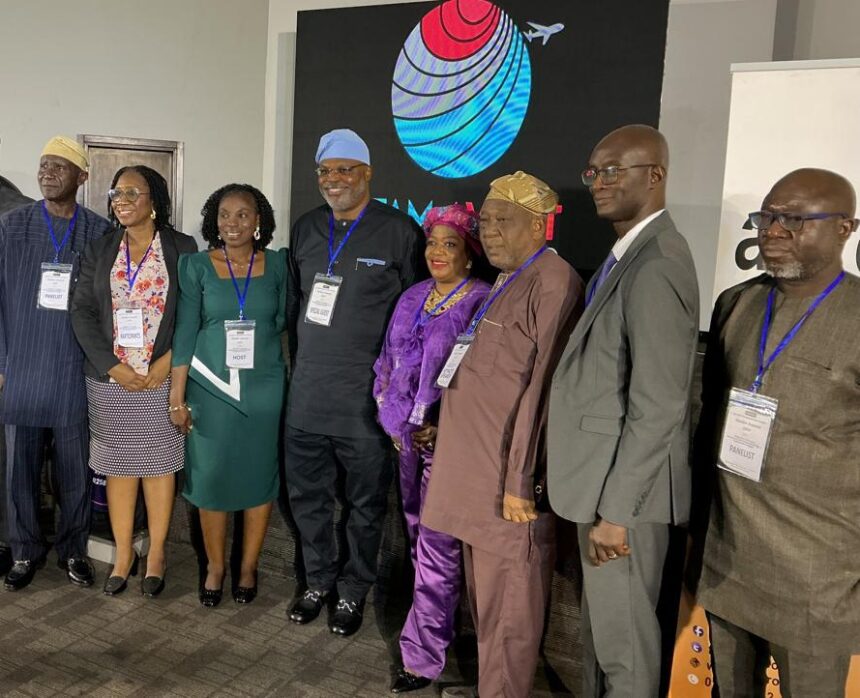A don, Prof. Bamidele Badejo, has advised the federal and state governments to adopt new global transport trends, including digital mobility and expansion of rail and highway infrastructure.
The don also wants Nigeria to transition to clean energy to transform its transport industry.
Badejo, the LASG – Professorial Chair Endowment on Transport Studies, Lagos State University, gave the advice at the maiden summit of JustAlive Communications Ltd., on Wednesday in Lagos.
The summit had the theme, ‘Nigeria’s Transport Infrastructure: Innovation for a Sustainable Future’.
Badejo said: “Transportation is a vital component of Nigeria’s socio-economic framework, influencing trade, productivity and national integration.
“In spite of its central role, the sector remains constrained by poor infrastructure, inefficient systems, high operating costs and environmental challenges.”
He added that the nation’s transport system was under strain.
According to him, over 90 per cent of passenger and freight movement depended on road transport, much of which operated on poorly-maintained networks.
“Other modes – rail, maritime and air – remain underdeveloped and underutilised.
“With rapid urbanisation, population growth (over 220 million people) and increasing demand for mobility, the need for a modern, efficient and sustainable transport system has never been more urgent,” he said.
Badejo called for the development of an integrated multi-modal transport system, which he described as crucial for Nigeria’s sustainable national development.
“By combining road, rail, air and water transportation modes, Nigeria can improve efficiency, reduce costs, and promote environmental sustainability.
“Addressing challenges such as inadequate infrastructure, undue political interference and funding constraints will be essential to achieving this goal,” he said.
The professor said that with a well-planned and executed strategy, Nigeria could create a transport system that would support economic growth, improve quality of life and enhance the country’s global competitiveness.
The chairman of the event, Mr Fola Tinubu, urged the country to be more innovative to achieve its transport goals.
Tinubu, the Managing Director of Primero Transport Services Ltd., also said that collaboration among governments, the private sector and developmental partners was necessary.
“No economy thrives without efficient transport system; so, we need to address the challenges facing the sector.
“The road is under pressure, airports need upgrade and the waterways under utilised.”
Earlier, Mrs Pearl Ngwama, Managing Director, JustAlive Communications Ltd., and organiser of summit, said that the country’s ambition must be to move beyond ‘quick fixes and stop-gap solutions’.
According to Ngwama, Nigeria must plan, finance and execute transport infrastructure that is sustainable, resilient and innovative.
“If transport infrastructure remains under-developed, every other sector – agriculture, mining, manufacturing, banking, health, education – will struggle.

“Transport is the blood-stream of the economy. When it flows freely, the organs of the economy thrive; when it is blocked or weak, growth is stunted,” Ngwama said.
She hoped that the summit would yield clear, practical outcomes.















